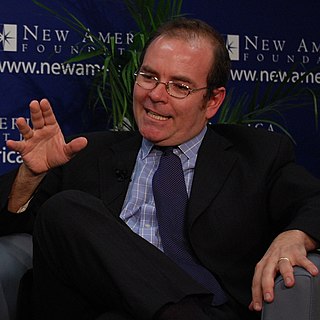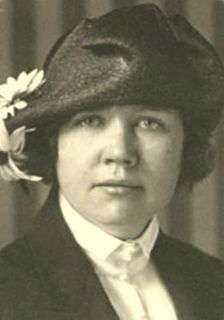A Quote by Rebecca MacKinnon
Thanks to the Internet in general and social media in particular, the Chinese people now have a mechanism to hold authorities accountable for wrongdoing - at least sometimes - without any actual political or legal reforms having taken place. Major political power struggles and scandals are no longer kept within elite circles.
Quote Topics
Legal
Accountable
Actual
Any
Authorities
Chinese
Chinese People
Circles
Elite
General
Having
Hold
Internet
Kept
Least
Longer
Major
Mechanism
Media
Now
Particular
People
Place
Political
Political Power
Power
Power Struggle
Reforms
Scandals
Social
Social Media
Sometimes
Struggles
Taken
Thanks
Within
Without
Wrongdoing
Related Quotes
Under fascism, citizens retain the responsibilities of owning property, without freedom to act and without any of the advantages of ownership. Under socialism, government officials acquire all the advantages of ownership, without any of the responsibilities, since they do not hold title to the property, but merely the right to use it -- at least until the next purge. In either case, the government officials hold the economic, political and legal power of life or death over the citizens.
The President appoints the U.S. Attorneys. They're political in a certain respect. But the Department of Justice - the power that they hold is so great, it's life and limb, you know - put you in jail, make you run up hundreds of thousands of dollars of legal costs. Even though we understand that political appointees take these jobs. We don't assume that the party in power is going to use that kind of power to advance its political interests.
What I am asserting is that in this particular epoch a conjunction of historical circumstances has led to the rise of an elite of power; that the men of the circles composing this elite, severally and collectively, now make such key decisions as are made; and that, given the enlargement and the centralization of the means of power now available, the decisions that they make and fail to make carry more consequences for more people than has ever been the case in the world history of mankind
In brief, nationalism is a theory of political legitimacy, which requires the ethnic boundaries should not be cut across political ones, and, in particular, that ethnic boundaries within a given state a contingency already formally excluded by the principle in its general formulation should not separate the power holders from the rest.
Within a social structure, a familial structure, or a cultural structure of various kinds, there is a substitute for actual freedom. I mean, actual freedom is a very abstract notion; we have no idea what it means, except within a context - freedom to do what? So within these social structures, freedom becomes defined as power, your ability to make choices, and the power relationship within a family, any family.
Ethical globalization is possible if only we can hold governments and business accountable for respecting human rights, not just in the traditional political and legal realms, but in everything - health, education and the other social determinants of health - rights to food, safe water, sanitation and so on.






























